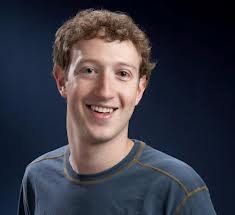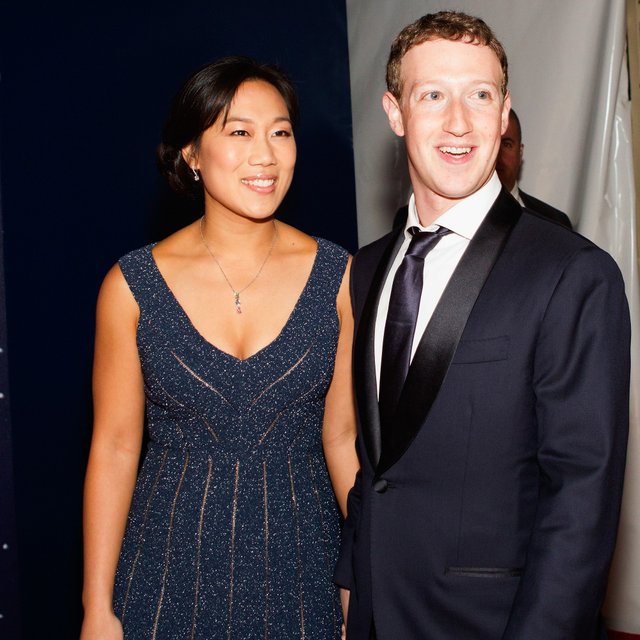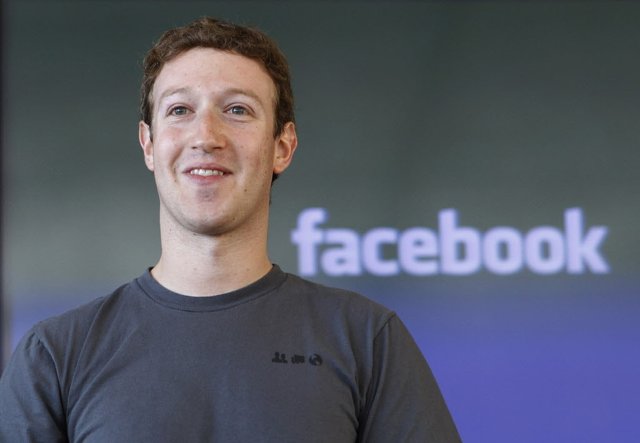Mark Zuckerberg
Silicon Valley’s tech scene of brogrammers, playboys and big egos, Facebook founder Mark Zuckerberg has emerged a refreshing counterpoint. He hasn’t bought an island or a mega yacht and doesn’t commute by helicopter to work. He drives a VW. His social network is revolutionizing media consumption and advertising as we know it, yet Facebook’s 30-year-old CEO, worth about $30 billion, focuses on his company and charities instead of displays of wealth. On the contrary, he and his wife have given away nearly $2 billion to social causes. He might just be the youngest heavyweight philanthropist. Now, he’s throwing his growing influence at political matters for the benefit of many. What’s not to like about this guy?

It hasn’t always been easy. Zuckerberg’s executive “timeline” went through a rough puberty. He had to disprove doubters after Facebook’s IPO flopped in 2012, navigating into mobile and new ad forms to wow Wall Street. Along the way he’s come under fire for not looking out for Facebook users’ interests. Privacy wonks have dinged the social network’s policies on data, saying consumers have been tossed under the bus in a chase for ad dollars. But the dialogue around privacy — also the focus on Zuckerberg — has gradually shifted in the wake of revelations of NSA spying on Facebook, Microsoft, Google and all of us. Zuckerberg criticized the Obama administration this year for not doing enough to reform NSA efforts. Last month, he flexed his political clout by urging immigration reform measures from Obama.
The Zuckerberg narrative is changing. Concerns have been put to rest that his social network could evaporate as teens turn to Instagram, Twitter or the next hot messaging sensation. He has also finally gotten a break from the image of the awkward young newcomer, built up in movies and the press. It wasn’t long ago that the fictional movie “The Social Network” portrayed Zuckerberg as an arrogant savant whose formation of TheFacebook at Harvard had emerged in a cloud of legal dispute from his Winklevoss twin classmates. The movie also portrayed him in a crass light as scheming for women with TheFacebook. (In actuality, Zuckerberg was in a relationship with the woman who is now his wife.) “They made up stuff that I just found kind of hurtful. I take our mission really seriously, and we’re here not primarily just to build a company but to help connect the world,” he said last month in the company’s first ever open town hall.

Zuckerberg has pivoted from a polarizing tech figure to a bona fide leader. With Facebook now claiming more than 1.35 billion monthly active users, a young Zuckerberg has been catapulted into the unlikely role of social media empire builder. Despite the spotlight, Zuckerberg exudes humility and defies definitions of a wheeler-dealer media mogul. Instead, he’s in the trenches coding, immersed in Facebook’s products, a Bill Gates on steroids for a new era. He’s also wisely sought leadership roles from the likes of COO Sheryl Sandberg and marketing chief Carolyn Everson. Meanwhile, Zuckerberg keeps Facebook cranking out new apps while also jumping into new projects and investments. Despite enormous financial success, he’s dedicated to a humble mission to make the world more open and connected. He seems earnest, too, even as critics dump on his Internet.org project that aims to bring affordable Internet to 5 billion people around the world.
With a hero archetype makeover complete, Zuckerberg’s business prowess stands in complete reversal. It doesn’t hurt that he leads the charge in distributing the world’s social news and native ads. A $200 billion valuation and cash flush company to buy rivals certainly helps. But he’s also proven a quick study on acquisitions: His $1 billion personal quest for Instagram now seems like a bargain. Investors say Facebook’s $19 billion purchase of WhatsApp and its 500 million messaging users could yet prove a good bet as well. And the company’s $2 billion deal for virtual-reality headset maker Oculus Rift positions Facebook for a science fiction future. Unlikely to slow the pace, Zuckerberg said on Facebook’s earnings call last month that the company’s plans for the future extend a decade out and involve “investing aggressively.”
Zuckerberg’s philanthropic investments are similarly ambitious. Last year, he emerged the top donor to charity in the U.S. He and his wife, Priscilla Chan, have donated nearly $2 billion in the past several years, mostly to education. The couple donated more than $1.5 billion in Facebook stock to the education-focuses Silicon Valley Community Foundation. Zuckerberg gave $100 million to New Jersey schools in 2010 and $120 million to S.F. Bay Area schools this year. He has pledged to give away at least half of his earnings to charity, putting him in company with the likes of Warren Buffett and the Bill and Melinda Gates Foundation. Recently, the couple donated $25 million to fight Ebola, signaling the potential to expand beyond education. Chan is a pediatric doctor, so it’s possible to expect more charity in the realm of medicine. One thing is certain: people will be watching Zuckerberg.
